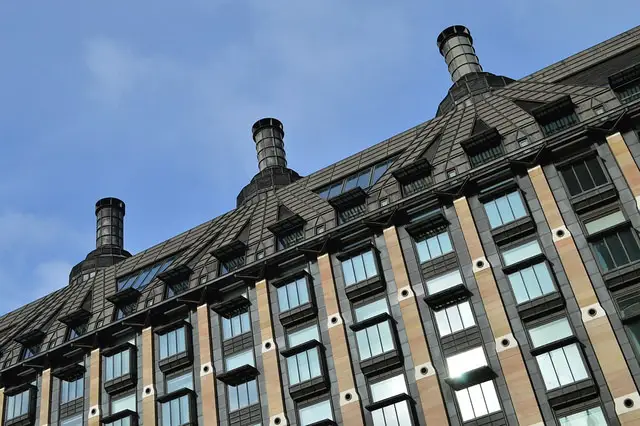Isle of Wight Conservative MP, Bob Seely, was joined by Isle of Wight councillors and Hampshire education officers at a meeting in Westminster today (Tuesday) to discuss the future of secondary education provision in Sandown.
The meeting follows the launch of a consultation by Academies Enterprise Trust (AET) who plan to merge Sandown Bay Academy with its other school on the Island, Ryde Academy.
High level meeting
The delegation met with Lord John Nash, the Schools Minister, at the Department for Education along with Sir David Carter, the National Schools Commissioner and Dominic Herrington, the School’s Regional Commissioner for South London and the South East.
Following the meeting, Bob said,
“We made a strong case that Sandown needs its own secondary school and explained the plans for an all through 4-16 school led by The Bay CE Primary School.
“The Minister listened carefully to what we had to say, asked some challenging questions, and made it clear that he is keeping all options open until the results of the public consultation are known. I want to thank Cllr Chris Whitehouse and Mr Brian Pope for their excellent work.”
Overwhelming support for provision in Sandown
Also attending the meeting was Cabinet member for Children’s Services, Cllr Paul Brading, who said,
“We were able to assure the Minister that 98% of those who have responded to our consultation so far have backed the need for Sandown to have its own secondary school, and that there is widespread dissatisfaction with the way AET have been running the Sandown Bay Academy.
“What we need, though, is more parents, students and members of the local community to respond to the consultation so we can demonstrate to the Minister the strength of feeling on this issue.”
Creating “intolerable journey times”
If the secondary school in Sandown is closed in September 2018 as planned, it would mean students from the town would have to travel six miles to attend school in Ryde, or nine miles to schools in Newport.
Bob Seely finished by saying,
“We left the Minister and his colleagues in no doubt that ending secondary provision in Sandown would create intolerable journey times for pupils to attend other schools, would incur costs of £1 million every year in bussing the children around the Island, and would jeopardise educational outcomes across the Island with the disruption it would cause.
“We will continue to make our case on behalf of the Sandown community.”
The Isle of Wight council has also launched a consultation on the future provision of education in Sandown which ends on 24th July.





